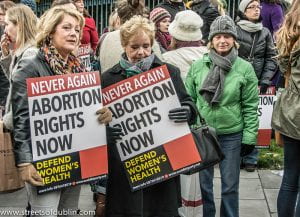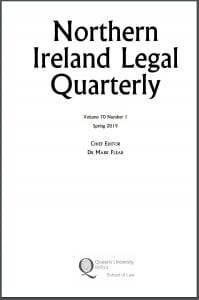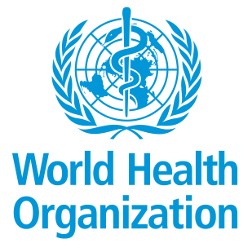By Dr Sheelagh McGuinness, Reader in Law (University of Bristol Law School) & Professor Sir Jonathan Montgomery, Professor of Healthcare Law (UCL Laws).

October 22nd 2019 marked a momentous day for those who have advocated for decades for liberalisation of Northern Ireland’s restrictive abortion laws.[1] Following the implementation of Section 9 of the Northern Ireland Executive Formation Act 2019, abortion up until 24 weeks gestation is decriminalised. In addition to this, an obligation has been placed on the Secretary of State for Northern Ireland to ensure that adequate regulations are in place by the end of March 2020 to ensure a human rights compliant framework for provision of abortion care.
This is the first of a two-part blog. Here we focus on what decriminalisation of abortion means for regulation of abortion in Northern Ireland.[2] In the next part we will provide an account of what the content of human rights compliant abortion regulations should be. (more…)









